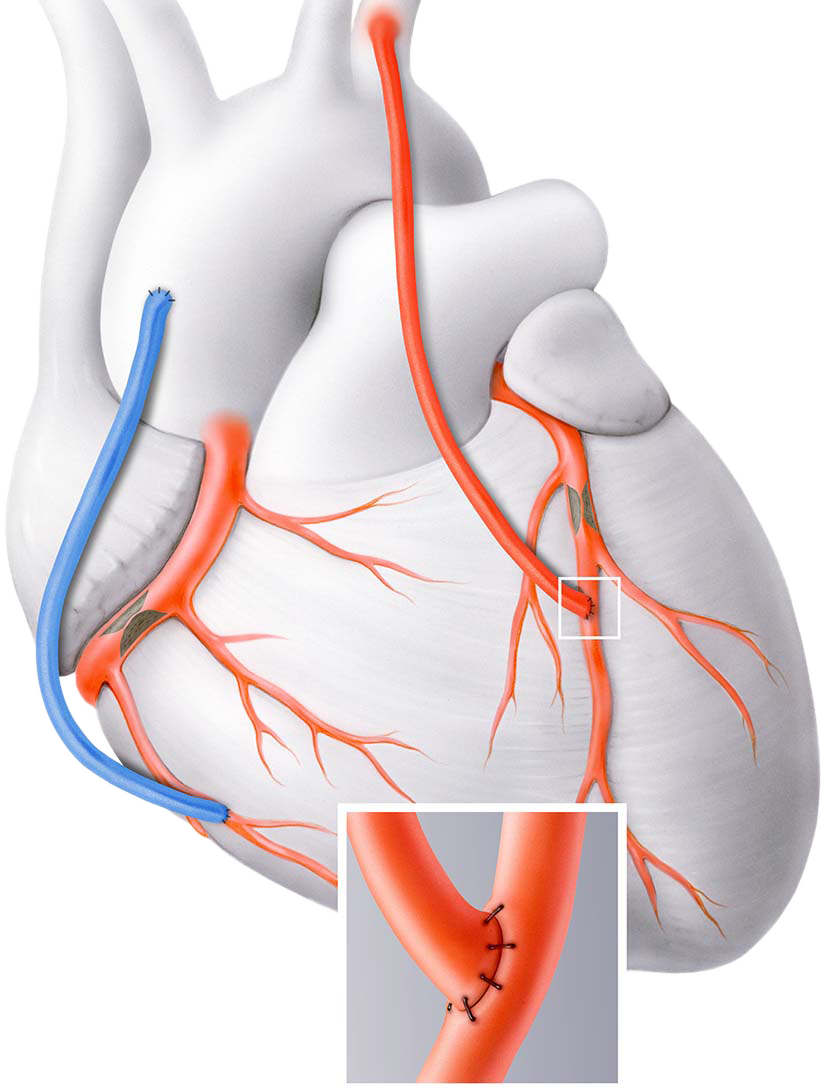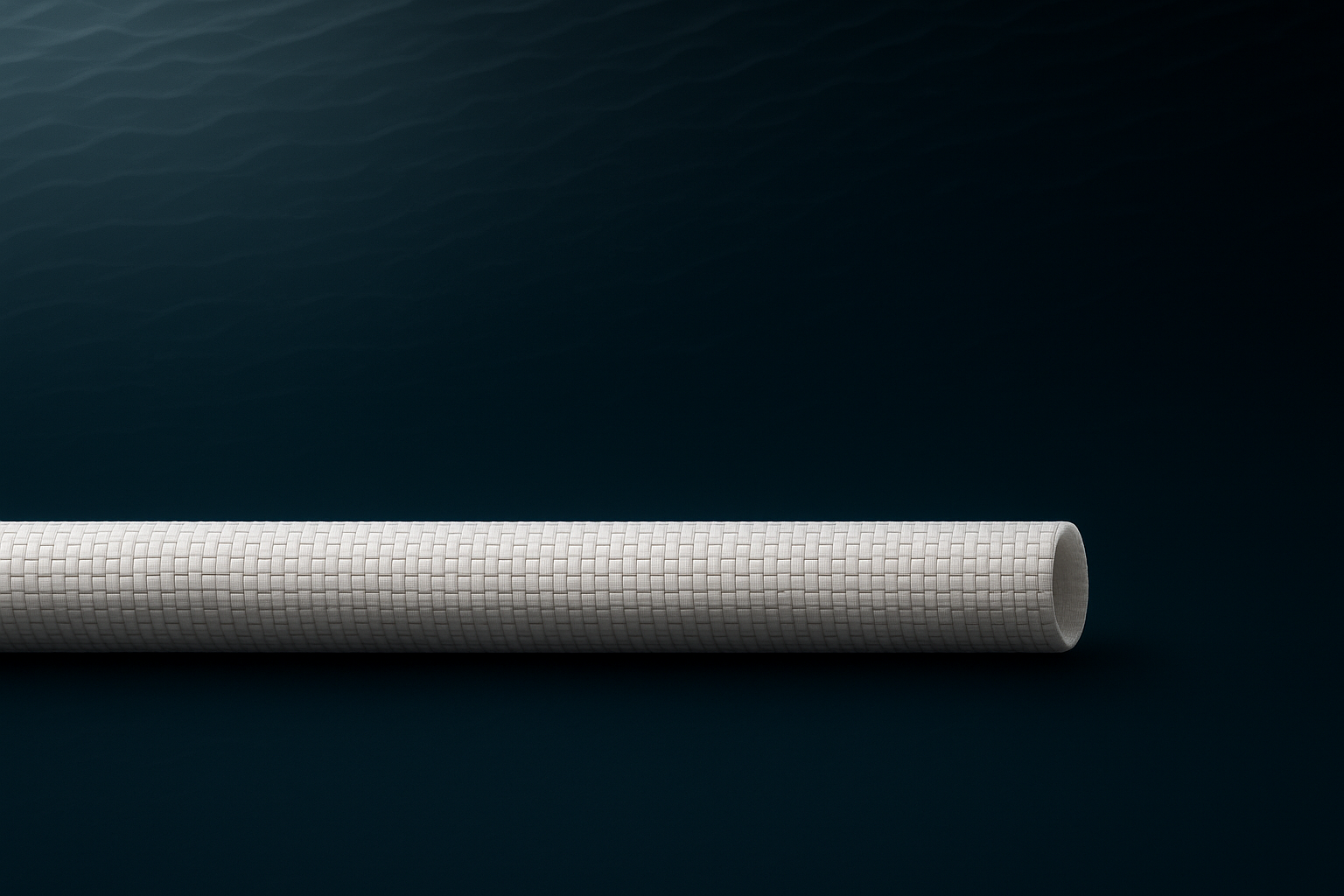
RESHAPING THE FUTURE OF THE
CARDIAC BYPASS SURGERY PROCEDURE
Cardiovascular disease is the leading cause of death worldwide, making cardiac bypass surgery the most common surgical procedure performed on the heart.
Cardiovascular Disease: A Global Concern
800K
2.5M
2B
$15B
Adults At Risk
For Heart Disease
Market
Potential
Annual
Bypass Grafts
Annual
Bypass Surgeries
Cardiovascular disease is the leading cause of death worldwide, which makes cardiac bypass surgery the most common surgical procedure to be performed on the heart. There has not been a significant advancement in coronary artery bypass graft (CABG) surgery in over 60 years, until now.
With nearly one million procedures performed each year, there is a need for over 3 million grafts annually. The market and global need for cardiac bypass surgery innovation is substantial. The development of the MAVERICS graft system empowers today’s standard cardiac bypass procedure to change for the better.
PHYSICIANS NEED AN OPTION FOR
CARDIAC REVASCULARZATION PROCEDURES
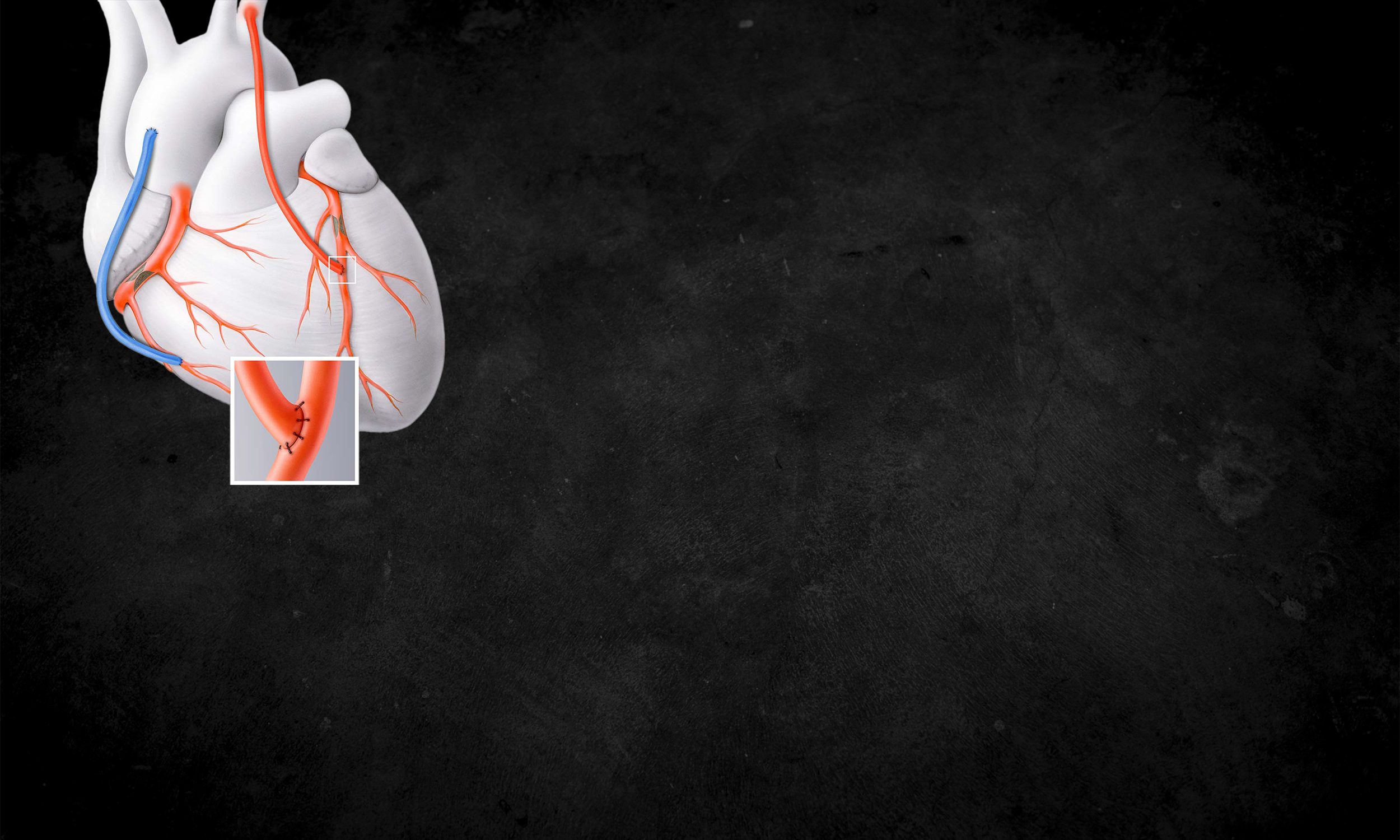
ELIMINATING THE NEED
FOR VEIN HARVESTING
A First of its Kind Synthetic Cardiac Bypass Solution
Coronary Artery Bypass Graft (CABG) is a surgical procedure that restores blood flow in the heart. This is done by using veins harvested from other parts of a patient’s body to bypass a blocked artery. CABG is the most common cardiac surgery performed worldwide, yet there hasn’t been an advancement to the procedure in 60 years. Until now.
Pain & Scarring at Harvesting Site
Longer Recovery Time
Risk Of Infection, Disfigurement, and Other Complications
Many Patients Are Ineligible (Diabetes, Varicose Veins, Amputees)
Long Procedures Mean Higher Costs and Reduced Availability
25-30% Failure Rate in First Year, 50% in 5-10 Years
Vein Harvesting Poses Several Challenges:
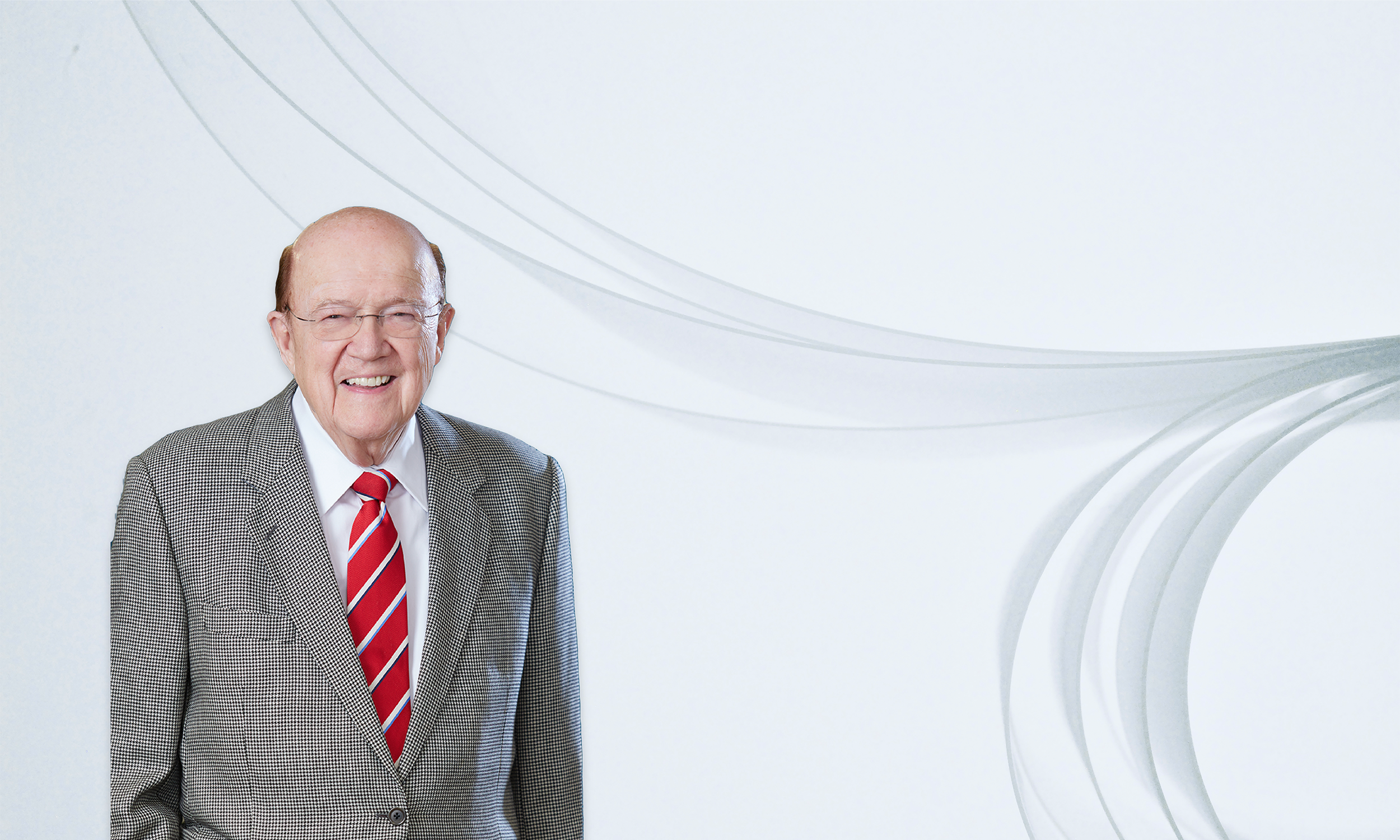
“With our past experience and successes, we feel we are ready for the challenge of pursuing the ‘holy grail’ of cardiac surgery and its great market potential. The pursuit of a small diameter graft for bypass surgery has evaded many manufacturers and health institutions for the last 60 years.”
Dr. Manny Villafaña, CEO, Medical 21
Founder,Cardiac Pacemakers Inc. (1972)
Founder, St. Jude Medical (1976)
Founder, ATS Medical (1987)
Living Legend in Medicine, Master Entrepreneur
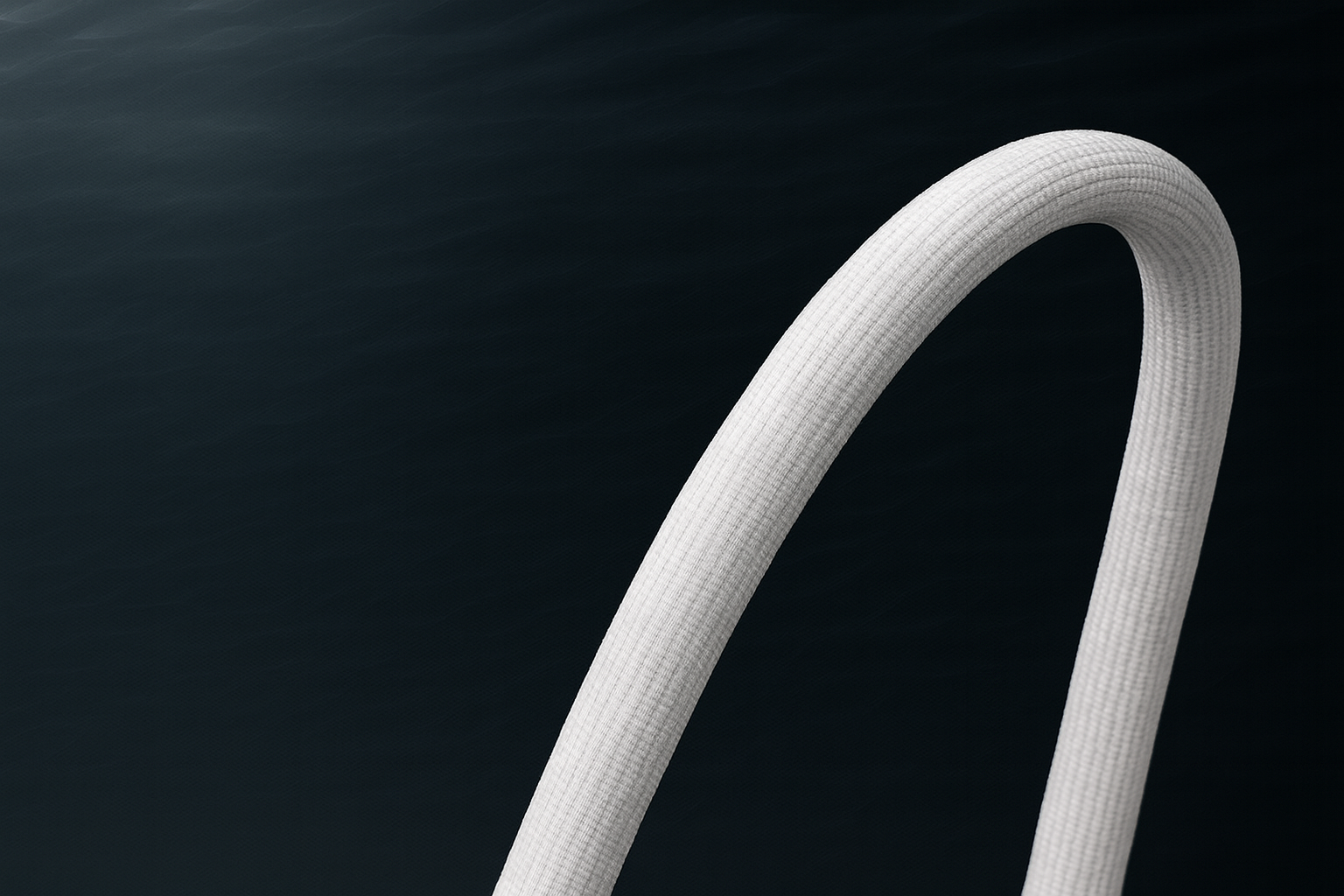
The MAVERICS Graft System
Regenerative, Biocompatible, & Thrombo-Resistant
YOUR CELLS. YOUR VESSEL. YOUR RECOVERY.
The MAVERICS graft is thin, flexible, and resilient enough to withstand the intense and very specific conditions the cardiovascular system requires.
The graft will be assimilated by the body allowing for perfusion of nutrients and cellular integration.
The nitinol scaffold adds arterial-like strength, flexibility, and biocompatibility.
Medical 21 Leadership

A Distinguished Partner
Medical 21 was honored to be approached by The Mayo Clinic with an opportunity for collaboration. Both parties have since entered a partnership agreement allowing The Mayo Clinic to participate in human Medical 21 clinical trials.
Medical 21 Advisory Board
MARKET SIGNAL
800,000 x 3.5 = 2,500,000
Bypass Grafts Per Year
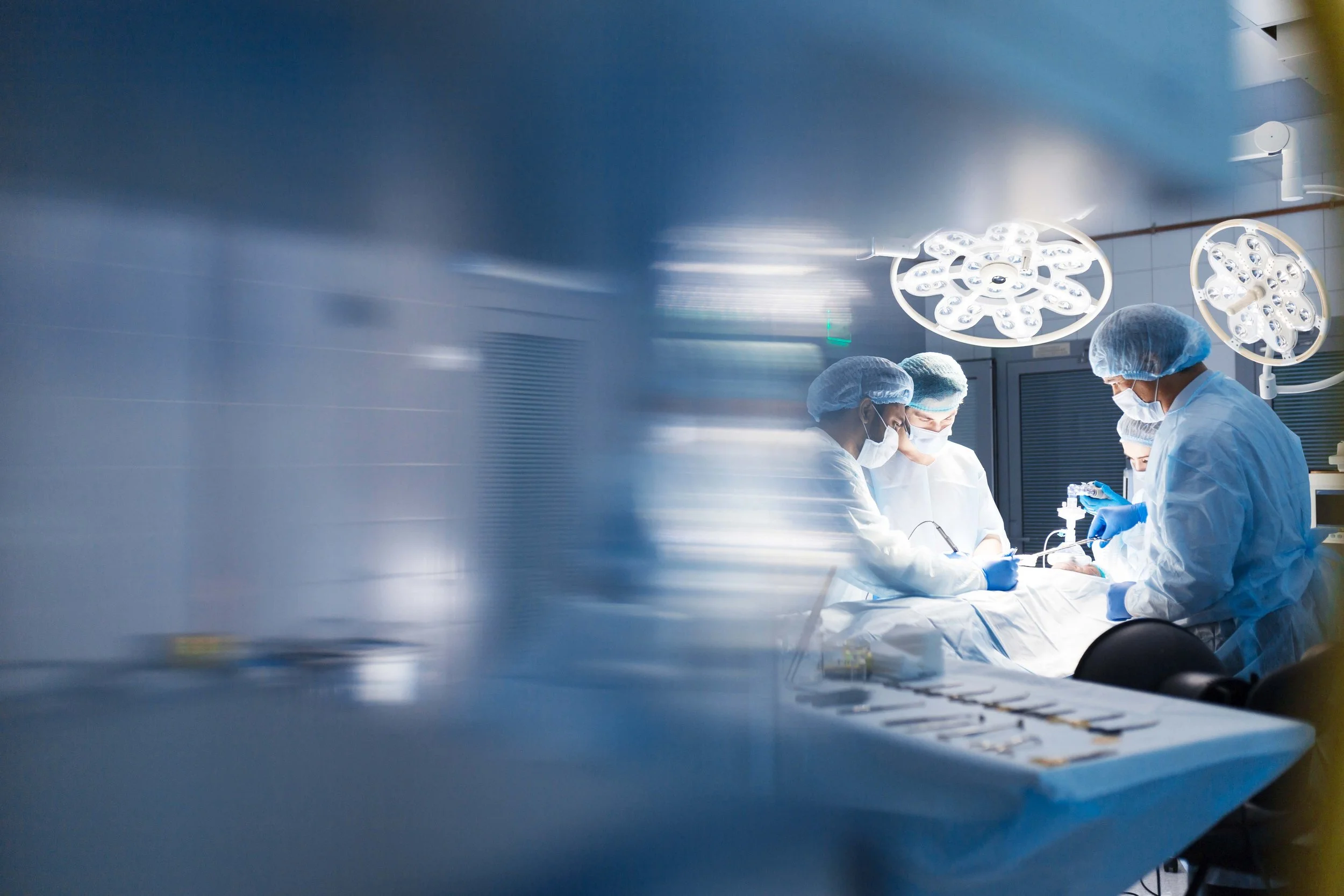
MEDICAL 21 IS THE FUTURE
OF CORONARY ARTERY BYPASS SURGERY
No intrusive cuts or invasive removal of the patient’s veins.
Shorten procedure time and waiting lines by providing surgery to more patients with the same hospital resources.
Recovery is expected to take at least one day less in the hospital and dramatically improve length of full recovery.
Opportunity to provide surgery for patients with diabetes or amputations who were previously not eligible, as well as procedures that are strenuous on the veins such as rhino- surgery, pulmonary surgery, urinary surgery and dialysis.
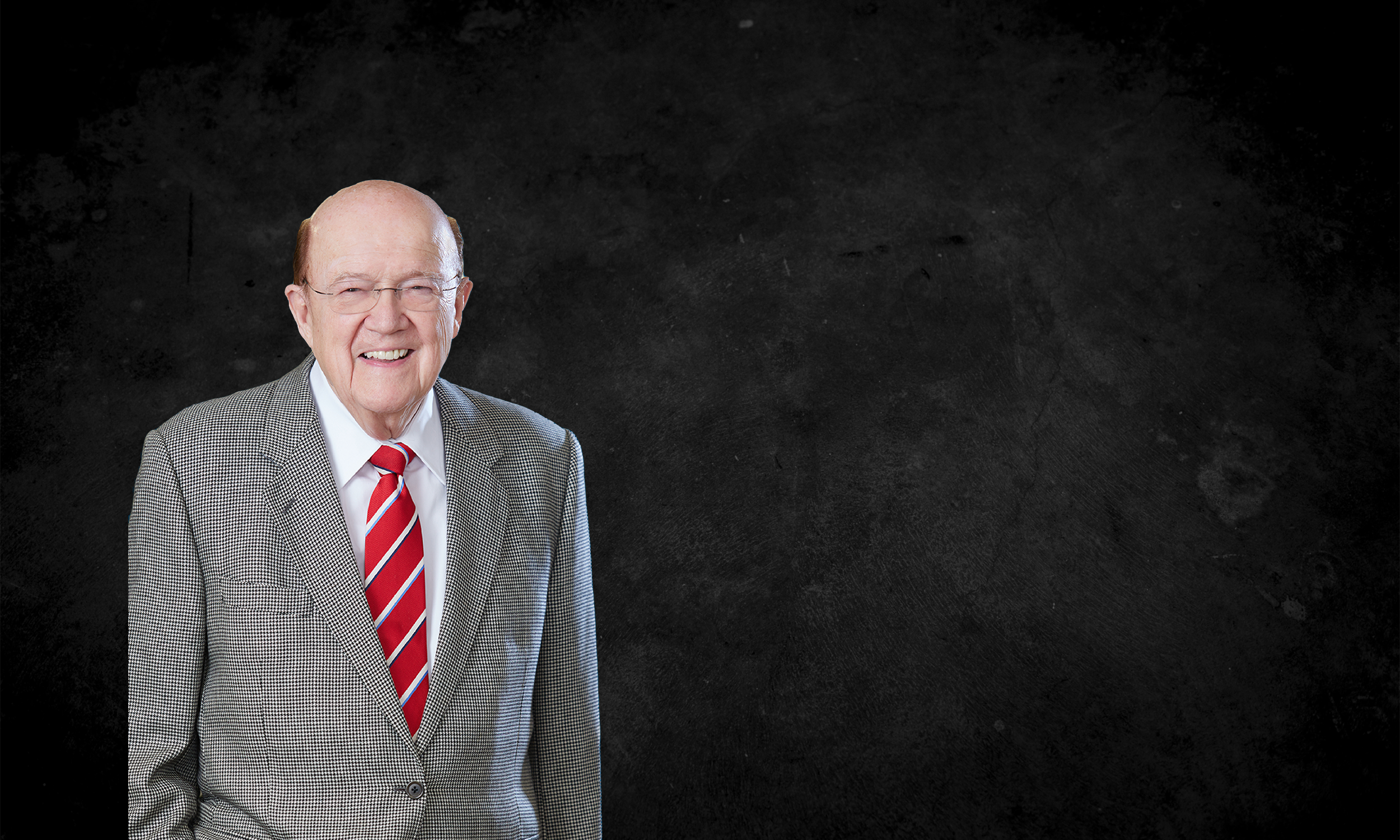
MANNY VILLAFAÑA Ph.D.Sc
MASTER ENTREPRENEUR, FOUNDER OF MEDICAL 21
A LIVING LEGEND IN MEDICINE
“I’ve done seven IPOs in the cardiac health space, and Medical 21 is, by far, the company I am most excited about because of its enormous potential to improve conditions for the millions of coronary artery heart bypass surgery patients.”



